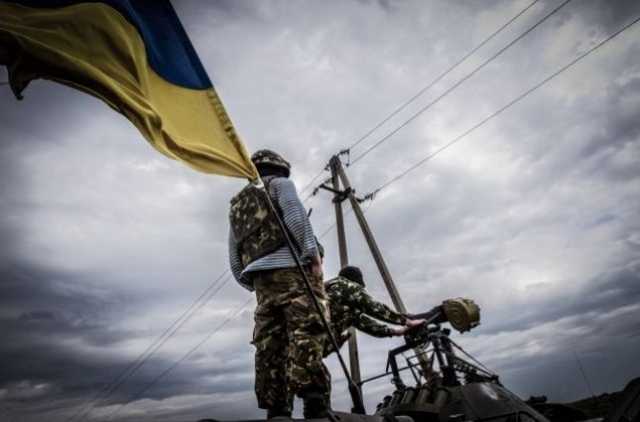Lawyer
The issue of preventing discrimination on the basis of language in the conditions of a military conflict
Consultation of a lawyer
Consultation of a lawyer on issues of non-discrimination on the basis of language is necessary for understanding the legal mechanisms of protection and the possibilities of their application in the conditions of a military conflict. A lawyer will help determine which regulations regulate this issue, and which measures can be taken to protect the rights of persons who are discriminated against on the basis of language.
Analysis of documents
The analysis of documents regulating the issue of non-discrimination on the basis of language is an important stage in the development of effective legal mechanisms. In Ukraine, the main legal acts regulating these issues are:
The Constitution of Ukraine: The article guarantees state support for the development and functioning of the Ukrainian language as the state language, but also ensures the free development, use and protection of Russian and other languages of national minorities.
The Law of Ukraine "On the Basics of the State Language Policy": Establishes the legal basis of the state language policy aimed at ensuring the comprehensive development and functioning of the Ukrainian language as the state language, as well as the protection of the linguistic rights of national minorities.
The Law of Ukraine "On Ensuring the Rights and Freedoms of Citizens and the Legal Regime in the Temporarily Occupied Territory of Ukraine": Regulates the legal regime in the temporarily occupied territories, including the protection of citizens' rights regardless of language.
International treaties and conventions: In particular, the European Convention on Human Rights, which prohibits discrimination on any grounds, including language.
Legal opinion
The legal opinion on the prevention of discrimination on the basis of language in the conditions of a military conflict is based on the analysis of current legislation and international standards. The main aspects of this process are:
Ensuring equality: Establishing mechanisms to ensure equality of citizens regardless of language characteristics, including access to education, health services and administrative procedures.
Prevention of discrimination: Development and implementation of measures to prevent discrimination, including monitoring cases of discrimination and bringing perpetrators to justice.
Support for intercultural dialogue: Stimulation of intercultural dialogue and mutual understanding between different language groups, which contributes to the reduction of social tension.
Protection of citizens' rights: Provision of legal aid and protection for persons experiencing discrimination, including the possibility of appeal to judicial authorities and international organizations.
Legal opinion of the lawyer
The lawyer's legal opinion on the prevention of discrimination on the basis of language in the context of a military conflict includes an assessment of specific situations and the provision of recommendations on compliance with the law. A lawyer, analyzing a specific case, must take into account all the circumstances, including the conditions of the conflict, measures taken to prevent discrimination, and possible violations of citizens' rights.
For example, in the case of complaints of discrimination based on language, a lawyer should investigate:
Were all procedures for the protection of citizens' rights followed?
Were adequate measures taken to prevent discrimination?
Were citizens' complaints properly considered and appropriate measures taken?
On the basis of this analysis, the lawyer can prepare a legal opinion and recommendations for the protection of the client's interests, in particular within the framework of legal proceedings or when applying to state authorities.

































